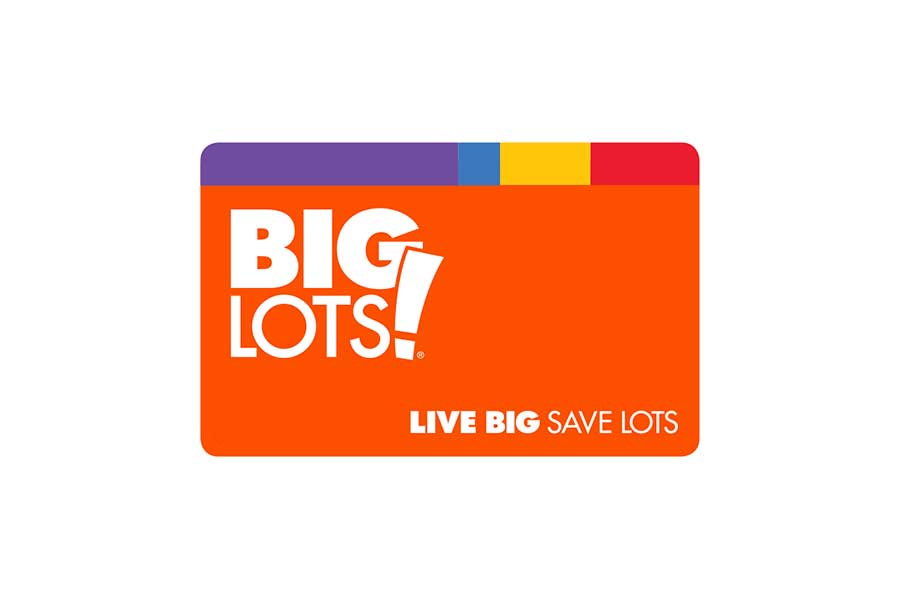Tired of seeing your paycheck disappear into credit card bills and loan payments? Living debt-free means keeping more of your income, reducing financial stress, and making decisions without pressure from lenders. But while the benefits are real, a debt-free lifestyle also comes with trade-offs you might not expect.

In this guide, we’ll break down what living debt-free really means, the biggest benefits, the potential drawbacks, and how to decide if it’s the right path for you. Whether you’re paying off debt or simply looking to avoid it in the future, you’ll get a clear picture of the upsides and downsides before making your decision.
What Living Debt-Free Really Looks Like
Living debt-free generally means you don’t owe money on credit cards, car loans, student loans, or a mortgage. Your income is yours to keep, and you’re not sending monthly payments to lenders.
Some people define debt-free living as avoiding all borrowing entirely, even if they still use a credit card for convenience and pay it off each month. Others are comfortable taking on low-interest debt for strategic reasons, such as buying a home or investing.
Ultimately, being debt-free is a personal choice. You might aim for total freedom from financial obligations, or you may simply avoid high-interest debt while keeping other low-cost loans in place. The key is choosing an approach that matches your goals and comfort level.
Benefits of Living Debt-Free
- Lower financial stress: Without bills piling up or interest adding up, you avoid the pressure of juggling multiple payments.
- More take-home pay: No loan or credit card payments mean more money stays in your pocket each month.
- Greater flexibility: It’s easier to change jobs, relocate, or adjust your lifestyle when you don’t have debt holding you back.
- Peace of mind: Knowing you don’t owe anyone can bring a sense of security that’s hard to put a price on.
- Faster progress toward financial independence: With no debt slowing you down, you can save and invest more quickly.
Drawbacks to Living Debt-Free
- Limited credit history: Avoiding borrowing can make it harder to build a strong credit profile, which you might need for future loans, rental applications, or even certain jobs.
- Missed investment opportunities: Steering clear of all debt may mean passing on smart ways to borrow and grow wealth, like using a mortgage to buy property.
- Overly cautious mindset: Avoiding all debt can keep you from taking calculated risks that could lead to greater financial rewards.
- Reduced liquidity: Paying cash for major purchases might drain your savings, leaving less available for emergencies or investments.
Best Situations for a Debt-Free Lifestyle
There are times when avoiding debt completely makes financial and personal sense. If you’re in one of these situations, a debt-free approach could be the smarter move.
- Approaching retirement: With a fixed income ahead, eliminating monthly payments can help stretch savings and reduce debt stress.
- Recovering from past debt problems: If debt has caused hardship before, staying debt-free can prevent old habits from returning.
- Prioritizing peace of mind: Some prefer the security of zero debt over the potential gains from borrowing and investing.
- Inconsistent income: Freelancers, seasonal workers, and business owners may value predictable expenses without the burden of loan payments.
When Using Debt Can Work in Your Favor
Debt isn’t always harmful—when used strategically, it can open doors to opportunities that would be difficult to reach with savings alone.
- Buying a home while preserving savings: A mortgage lets you build equity without tying up all your cash, giving you more flexibility for other needs.
- Investing in education or a business: Borrowing can make sense when it funds something with the potential to increase long-term earnings.
- Using credit strategically: Responsible credit use can earn rewards, build your credit score, and provide perks like travel points or cashback.
- Keeping low-interest debt to invest elsewhere: If your loan interest is low, you may earn more by investing your cash instead of paying off the balance early.
How to Become Debt-Free: 5 Actionable Steps
Reaching a debt-free life takes planning and discipline, but the right strategies make it achievable. Here’s how to set yourself up for success.
1. Create a Realistic Budget
List all your monthly expenses, from housing and utilities to groceries, subscriptions, and entertainment. Include all debts—credit cards, personal loans, and auto loans—and decide how much extra you can put toward paying them off. A realistic budget helps you track progress and make informed spending decisions.
2. Build an Emergency Fund
Unexpected expenses can send you straight back into debt if you’re not prepared. Aim to set aside three to six months of living expenses in an easily accessible account to cover things like car repairs, medical bills, or job loss.
3. Increase Your Income
Cutting costs can only take you so far. Look for ways to bring in extra money, such as a higher-paying job, freelance work, a side hustle, or investing in opportunities that yield a return. Direct this additional income toward paying down debt faster or building savings.
4. Keep Your Credit Utilization Low
Your credit utilization—the percentage of your available credit you’re using—has a big impact on your credit score. Keeping this number below 30% (or paying off your balance in full each month) can help improve your credit profile over time.
5. Be Selective About New Debt
Not all debt is bad, but taking it on should be a thoughtful choice. Before borrowing, consider whether it’s necessary and how it fits into your long-term financial plan. Focus on debt that builds your net worth, like a mortgage or business loan, and avoid high-interest debt for nonessential purchases.
Final Thoughts
Debt itself isn’t good or bad—it’s a tool. For some, living without it provides peace of mind and greater financial stability. For others, using it strategically creates opportunities to grow wealth and achieve big goals.
The key is deciding how debt fits into your life. Consider your financial goals, comfort level with risk, and whether debt creates stress or supports your plans. The right approach is the one that works for you—not someone else’s version of financial freedom.
Frequently Asked Questions
Can I build credit without taking on debt?
Yes. You can build credit by using a credit card for small purchases and paying the balance in full each month, becoming an authorized user on someone else’s account, or using credit-builder loans or secured credit cards. These options help you establish a positive payment history without carrying long-term debt.
How can I stay debt-free if I have irregular income?
With unpredictable earnings, the key is to keep fixed expenses low and build a larger emergency fund—often closer to 6–12 months of living costs. Automating savings during higher-income months can help you cover essentials during slower periods without relying on credit.
Is paying off my mortgage early always a good idea?
Not always. If your mortgage has a low interest rate, you might earn more by investing the extra money instead. However, if being completely debt-free gives you peace of mind, paying it off early can be worth it. The decision depends on your priorities and risk tolerance.
What’s the biggest mistake people make after becoming debt-free?
A common mistake is relaxing their budget and letting lifestyle inflation creep in. This can lead to overspending and new debt. Sticking to your spending plan and continuing to save or invest can help you maintain financial freedom.
Should I use my savings to pay off debt all at once?
It depends on your situation. Paying off high-interest debt quickly can save you money in the long run, but draining your savings may leave you vulnerable in an emergency. It’s usually best to keep at least a small emergency fund while paying down debt.




